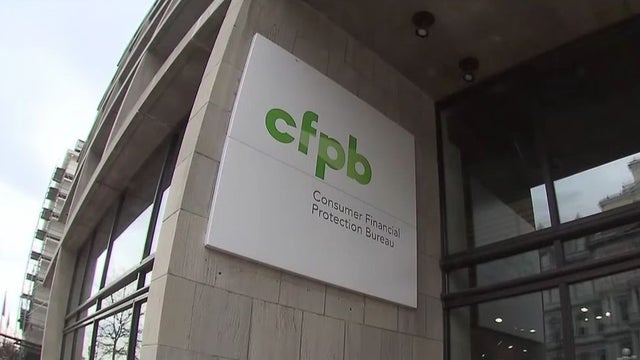News Release: Republicans Betray the People, Side with Big Banks, Big Tech, and Elon Musk
The House majority today chose to give Wall Street banks free reign to charge outrageous overdraft junk fees and to abandon oversight of payment apps run by Big Tech and Elon Musk. Along partisan lines, the House voted to roll back two popular safeguards created by the Consumer Financial Protection Bureau (CFPB). Already passed by the Senate, the measures now go to President Trump to be signed into law.










